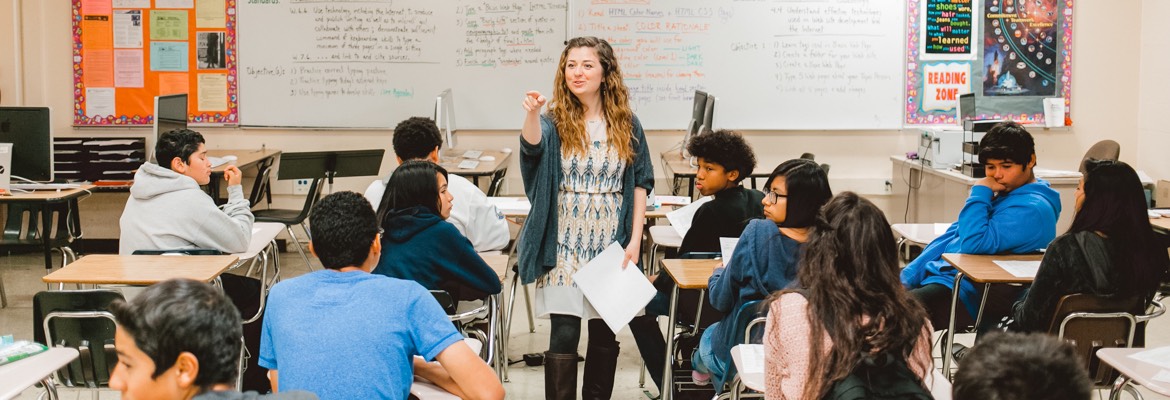
Choosing the Right College Major for Introverted Students
The Crucial Transition
Embark on an enlightening journey into the realm of secondary education, a pivotal phase in the academic odyssey where students traverse the bridge between foundational learning and specialized knowledge. This crucial transition sets the stage for intellectual growth, personal development, and the honing of skills that lay the foundation for future endeavors.
Curriculum Diversification: Beyond the Basics
Delve into the realm of curriculum diversification, where secondary education expands beyond the fundamental subjects to embrace a broader spectrum of knowledge. Elective courses, extracurricular activities, and vocational training introduce students to varied disciplines, allowing them to explore their passions and develop a well-rounded skill set.
Specialized Academics: Focused Learning Paths
Embark on focused learning paths within specialized academic streams, where students can delve into subjects aligned with their interests and career aspirations. Whether in the sciences, humanities, or technical fields, secondary education offers a more in-depth exploration of chosen disciplines, paving the way for informed decisions about future academic and professional pursuits.
Experiential Learning Opportunities
Immerse yourself in the world of experiential learning, a cornerstone of secondary education that goes beyond theoretical knowledge. Internships, hands-on projects, and collaborative endeavors provide students with real-world insights and practical skills. This immersive approach fosters a deeper understanding of academic concepts and prepares students for the challenges of higher education and the workforce.
Technological Integration in Classrooms
Explore the landscape of technological integration within secondary education classrooms, where interactive learning platforms, digital resources, and educational apps enhance the educational experience. The infusion of technology not only engages students in innovative ways. But also equips them with digital literacy skills essential for navigating the modern information age.
Educational Psychology: Understanding Adolescent Minds
Delve into the realms of educational psychology, where educators in secondary education grasp the nuances of adolescent minds. Tailoring teaching methods to accommodate diverse learning styles, addressing socio-emotional development. And fostering a positive learning environment are integral aspects of this discipline. It ensures that education becomes a holistic endeavor, nurturing both intellectual and emotional intelligence.
Assessment Strategies: Beyond Traditional Exams
Uncover the evolution of assessment strategies that go beyond traditional exams, emphasizing continuous evaluation and diverse measurement methods. Project-based assessments, presentations, and portfolios become integral components of evaluating a student’s academic progress and capabilities. This shift aims to provide a more comprehensive understanding of each student’s strengths and areas for growth.
Conclusion: Shaping Futures
As we conclude our exploration into the intricate landscape of secondary education. It becomes evident that this phase is not merely a bridge but a transformative period shaping the future of individuals. With diversified curricula, specialized academics, experiential learning, technological integration, insights from educational psychology, and innovative assessment strategies. Secondary education becomes a crucible for intellectual and personal development. Nurturing minds and fostering a love for learning. It lays the groundwork for the next chapter in the lifelong pursuit of knowledge.